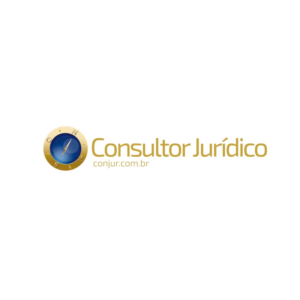Angelo Ambrizzi
Lawyer at Marcos Martins Advogados
Debt forgiveness, also known as remission, is the free and unconditional waiver of the credit by the creditor for the benefit of the debtor, i.e. the creditor gives up his credit without any consideration.
Remission results in the extinction of the obligation and is equivalent to payment, considering it as the actual discharge of the debt, since it releases the debtor from that obligation.
With the Covid-19 pandemic, this practice has been used on a large scale and there has been a significant increase in partial debt write-off agreements, in situations where creditors have agreed to receive what they are owed for a lower amount (with discounts).
It so happens that this practice has attracted the attention of the Federal Revenue Service, which has a firm understanding that IRPJ, CSLL, PIS and COFINS are levied on discounts or forgiveness, as it considers these amounts to be revenue due to the increase in the company’s assets, and there is a position of the Federal Accounting Council (CFC) in Resolution No. 1,374/11 following the same understanding.
The scenario does seem unfavorable to the taxpayer, however, we must not forget that the Federal Supreme Court has already decided that gross revenue should be understood as financial income that is integrated into the company’s assets (RE 606.107 RS).
Debt forgiveness, in the form in which it is dealt with, cannot be considered revenue because it does not correspond to any financial inflow and even less to the integration of assets, there being no acquisition of new availability, but only an existing accounting adjustment.
As such, it is possible to challenge the position of the Federal Revenue Service by filing a lawsuit seeking recognition that the amount forgiven cannot be considered revenue and therefore does not constitute the basis for calculating IRPJ, CSLL, PIS and COFINS.
Marcos Martins Advogados makes its tax team available for further clarification on the subject.








